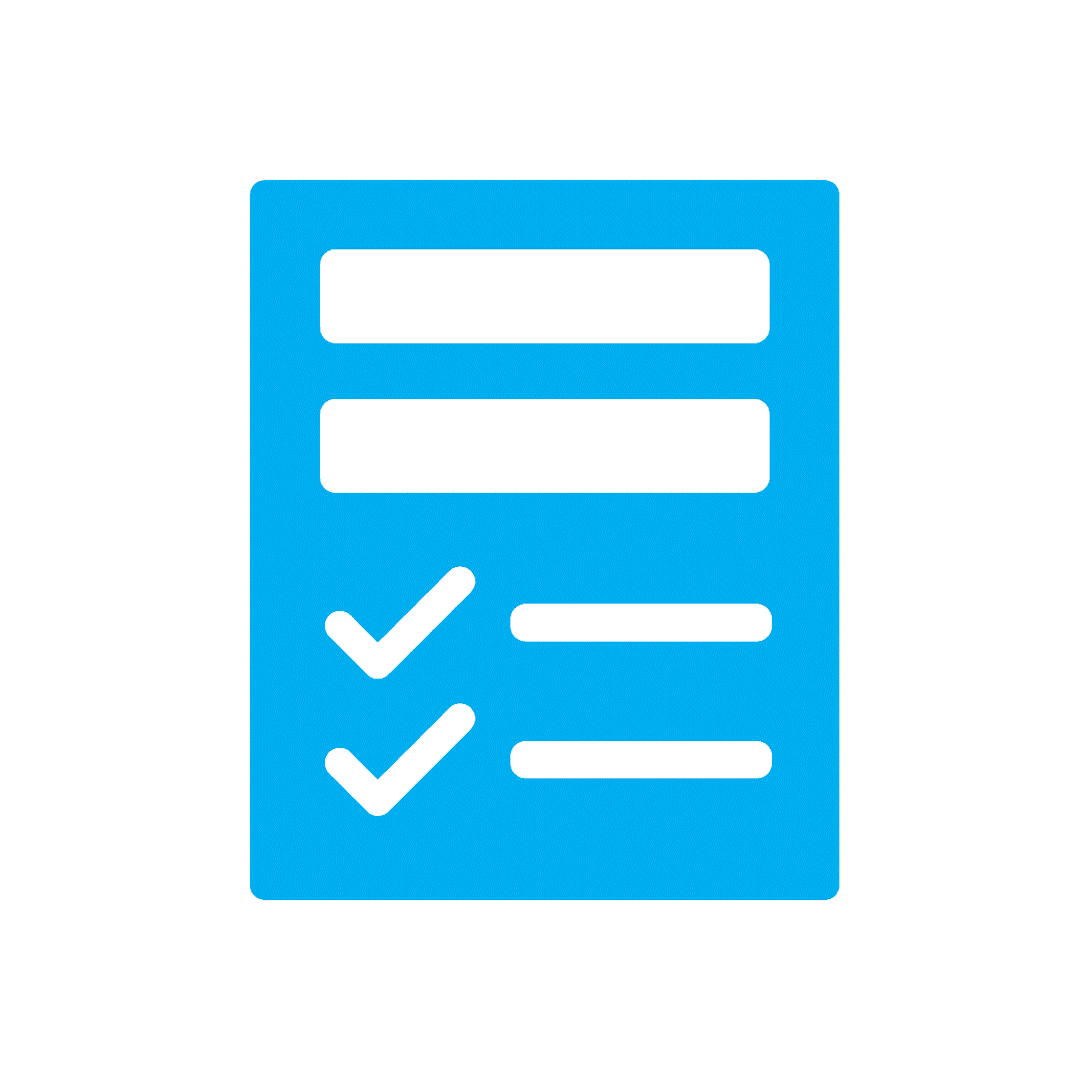Explore By
 Exams
Exams
 Countries
Countries
 Expenses
Expenses
 Universities
Universities
The candidates must fulfill the following criteria regarding language proficiency when students seek a scholarship for Germany.
Language proficiency proof in German
Proof of citizenship is usually required at the time of the scholarship application.
For all GERMAN-taught programs, a level of German language ability of at least B2 is required.
The requirement for enrolling in the degree program you choose depends on whether you have level B2, C1, or DSH-2.
The rules governing the examination.
All German institutions generally recognize the TOEFL (Test of English as a Foreign Language) as a prerequisite for admission to English-taught programs. The TOEFL iBT is valid for two years. TOEFL scores of 60-80 are generally considered acceptable.
Although most students do not prefer IELTS to TOEFL, specific colleges do. Therefore, students should double-check which one is necessary.
The TOEFL is a standardized English language test that is accepted by colleges all around the world, including Germany. Writing, reading, listening, and speaking are the four abilities tested on the TOEFL. You are given a score between 0 and 120, with anything above 110 being considered suitable for admissions.
The PTE Pearson Test for English is a three-hour exam whose results are recognized in several countries, including Germany. PTE Academic is used to study in other countries. PTE results are generally available 48 hours after taking the test.
IELTS, or the International English Language Testing System, is the most widely used English language competency test globally, and Germany is no exception. The entire test includes four papers in Reading, Writing, Speaking, and Listening.
In general, German colleges require an overall score of 6.5 to 9. However, remember that your IELTS score will expire in two years, so you'll need to acquire a solid score and get admitted into your selected university quickly.
The "IELTS Academic" test is one of two IELTS tests used to assess non-native English speakers' ability to communicate in Academic English to enroll in an undergraduate or postgraduate program.
German higher education institutions widely recognize IELTS test scores as proof of English language competency for academic purposes.
There are four sections to the test:
Listening.
Writing for academic purposes.
Reading material for educational purposes.
Speaking.
The validity of IELTS results is limited to two years.
Students interested in pursuing an MBA in Germany need to take the GMAT (Graduate Management Admission Test). German business schools demand an average GMAT score of 640.
Even though GMAT scores are one of the most acceptable methods to demonstrate your potential when applying to international colleges, many German business schools do not require a GMAT score. The following universities do not require GMAT scores as a prerequisite for an MBA program in Germany:
Technical University of Munich
Berlin School of Economics and Law
Accadis Hochschule Bad Homburg
Cologne Business School
Most German schools do not need you to take numerous topic examinations to get admission, and you can usually apply to German universities immediately with your prior course credentials. Language proficiency, whether in English or German, is, on the other hand, a requirement. On the bright side, focusing on studying a foreign language like German can undoubtedly enhance your resume and your scholarship application and increase the overall quality of your university experience.
The TOEIC certification (Test of English for International Communication) is different from other language competency assessments. This certification emphasizes conversational English language abilities and your ability to utilize the language in an intercultural setting. The TOEIC exam contains exercises that assess your vocabulary, coherency, intonation, pronunciation, and content. This indicates that this exam places a greater focus on linguistic abilities.
The "TOEIC Examination" is a standardized test administered by ETS (Educational Testing Service) to assess non-English language speakers' English proficiency.
Only a few German institutions recognize good TOEIC scores as proof of English language competency for academic purposes.
The TOEIC test is divided into three sections:
Listening and reading are two essential skills to have.
Speaking and writing are two different things.
The Association of Language Centres (AKS), Language Teaching Institutes, and Institutes of Foreign Languages run the "UNIcert examination," a CEFR-based exam in German. It assesses non-native English speakers' English language abilities for educational reasons.
UNIcert looks at four different levels of proficiency:
UNIcert Basis (A2)
UNIcert I (B1)
UNIcert II (B2)
UNIcert III (C1)
UNIcert IV (C2)
Cambridge English Tests are CEFR-based tests developed by Cambridge University to assess English language abilities among non-native English speakers who wish to pursue academic courses in English.
Cambridge English certificates recognize the following levels of English language competency:
The B1 Preliminary – formerly known as the Cambridge English Preliminary (PET) – is a certificate that verifies that you have a basic command of the English language for everyday conversation.
B2 First – formerly Cambridge English First (CEF) – is a certificate demonstrating that you have adequate English language proficiency to study, live, and work in an English-speaking country.
C1 Advanced (formerly Cambridge English Advanced (CEA) is a certificate that verifies advanced English language abilities in preparation for studying, working, or residing in an English-speaking nation.
C2 Proficiency – expert in the English language
DSH does not give equal weight to its written and oral tests; nonetheless, passing 2/3rds of the exam portions is required to qualify in each of the two. You will be awarded a grade on both, and the university's particular criterion will determine your mark.
Some colleges may just reveal passed and failed results, while others may choose the least two options. In this scenario, it is recommended that you verify with the admissions/examination office of the university you applied to.
Regardless of how you are evaluated, you will receive a certification on one of three levels: DSH 1, DSH 2, or DSH 3, with 3 being the highest.
DSH 3 is given if you score 82% or more in both tests across all components, whereas DSH 2 has a cut-off of 67% and DSH 3 has a cut-off of 57%. While DSH 1 is deemed passed, it may not be enough to qualify you for the course, and you may be required to retake the test. DSH 1 may also be the qualifying level for several university language programs.
It's worth noting that many colleges only give you two chances to pass the DSH test, and the second exam may not be accessible until the beginning of the following semester. Also, the level of examination differs from institution to university, so if transferable DSH examinations are accepted at the university of your choice, it may be possible to determine which university provides a simpler alternative. You may even write a TestDAF instead of a DSH.
Q1. What is the best scholarship in Germany?
Answer - The DAAD scholarship is the best in Germany
Q2. What is the DAAD scholarship stipend amount?
Answer - The stipend amount may vary according to the courses chosen. For Master’s, it is 861 EUR, and for Ph.D. students, it is 1200 EUR.
Q3. Can your family join you while you're on your DAAD scholarship?
Answer - There are family benefits if the program is longer than six months. If the program is less than six months, there are no benefits.
Study in USA
Study in Canada
Study in Australia
Study in UK
Study in Germany
Study in Ireland